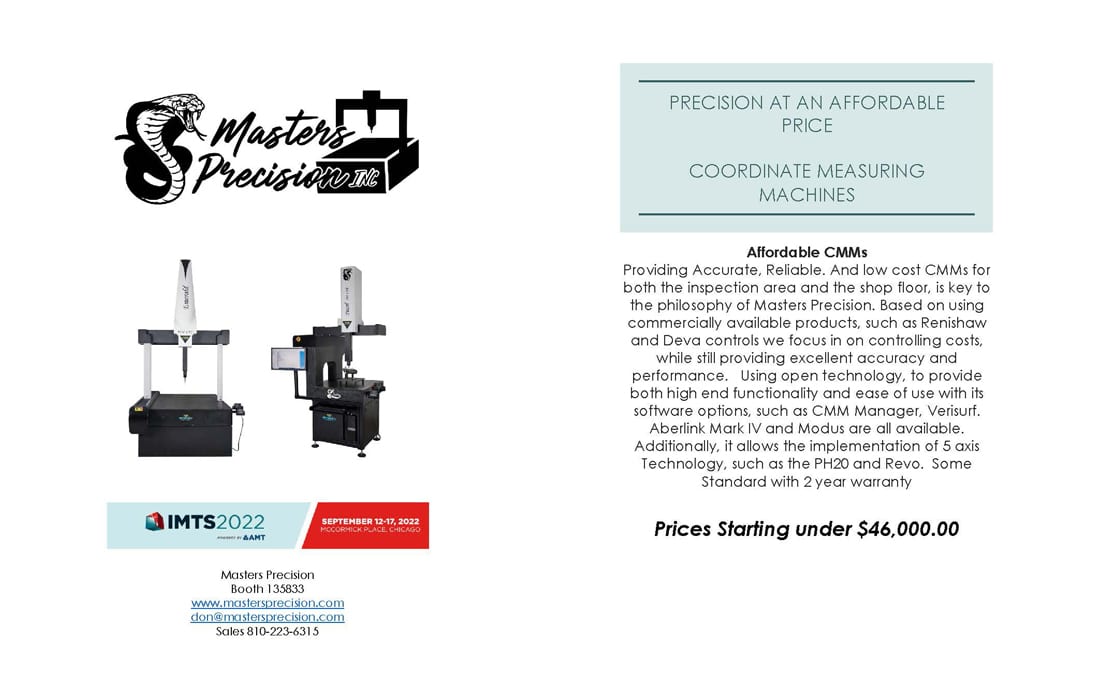Speaking of Quality
Therese Steiner
Speaking of Quality | Therese Steiner
ASQ is where I belong.
Diversity, Equity, Inclusion

ASQ is where I belong.
Diversity, Equity, Inclusion
In 2020, seeking to engage and contribute as a new member of the ASQ Board of Directors, I volunteered to participate in a diversity, equity, and inclusion task force launched by then-Chair Austin Lin. Working with the ASQ DEI task force members has proven to be one of the most fulfilling learning experiences of my career to date.
At the start of this journey, the task force set out to define what we mean when we talk about DEI:
- Diversity is the presence and engagement of people with a wide range of perspectives and characteristics, such as ethnicity, abilities, education, age, gender identity, religion, and others (this is not an exhaustive list). We defined diversity broadly to include both demographic and cognitive diversity.
- Equity is ensuring fair treatment and equal opportunity. Equity adds a flavor of justice to the concept of equality. Each person may arrive from different circumstances that may necessitate different actions and resources to achieve proportionate fairness, or equity, in the result.
- Inclusion speaks to the organizational practices and governance that ensure equitable access and ensure that people feel they belong and can participate and engage freely within the organization.
One of my “ah ha” moments came from listening to the stories shared within our task force discussions as well as hearing personal stories from across ASQ. The more I engaged in hearing personal stories, the more fully I could understand that something we all share is our own individual “otherness”. Every person has their unique experiences, perspectives, and biases.
“Let’s all challenge ourselves...”
My own biases and perspectives have been largely shaped by the way I grew up. My parents were highly educated, intelligent, and deeply religious. We were a large loud and competitive family. Being a family of 15 on one income, we lived below the poverty line, which was just a matter of fact not something we thought of negatively or even thought much about at all.
My parents encouraged us in intellectual debate, balanced with respecting authority. While education was valued, it was not seen as completely necessary – those of us who wanted to go to college established our own paths and found scholarships to get there.
We had dinner as a family most nights. My father is an innovator and often shared what we all thought of as his crazy ideas at the dinner table. One memorable dinner was when he told us his idea to engineer basically a pulley system to transport materials between the earth and the moon. We thought it was hilarious. Now I can read some of the patents he worked on and realize some of his ideas might not have been as crazy as we thought. This makes me more open to the seemingly “crazy ideas” of others, I hope.
Our neighborhood and school system were predominantly people of Italian, Irish, German, and Polish ancestry. There was not a lot of racial diversity and that appears to be still largely true of my old hometown when I go looking for recent demographics. This is a gap in my early experiences that I became much more aware of in my professional life.
Being aware of my unconscious biases, formed by my life experiences, is critical in not letting those biases negatively affect my decisions and behaviors. The more I can make data-driven decisions and standardize processes, the less likely I am to let my biases skew my decision-making in unintended ways.
Applying this thinking into the world of Quality with a capital “Q”, I think of several of Deming’s 14 points, including driving out fear and breaking down barriers between staff areas, as well as self-improvement for everyone. Having psychological safety, where everyone can freely share their ideas, increases performance and innovation in a group.
Our task force considered inputs from a variety of sources regarding the value of diversity. For example, Harvard Business Review found that companies across industries whose leaders exhibited at least three “identity diversity” traits and three “experiential diversity” traits out-innovated and out-performed others. The National Council of Nonprofits describes why DEI matters as well stating, “…embracing diversity, equity, and inclusion as organizational values is a way to intentionally make space for positive outcomes to flourish, whether in direct services or in the nonprofit capacity building or public policy spheres…” Why Diversity, Equity, and Inclusion Matter for Nonprofits | National Council of Nonprofits.
ASQ is committed to providing an inclusive and safe environment. Fulfilling the promise of that commitment takes all of us across the ASQ Society. Let’s all challenge ourselves to be open to the stories and perspectives of others and to make sure everyone feels confident in saying, “ASQ is where I belong.”

